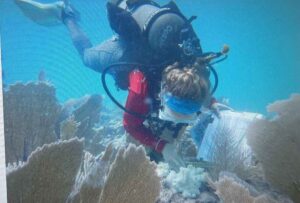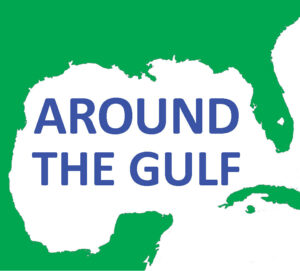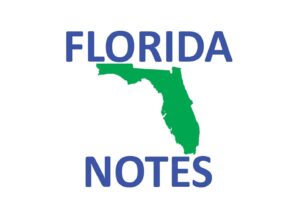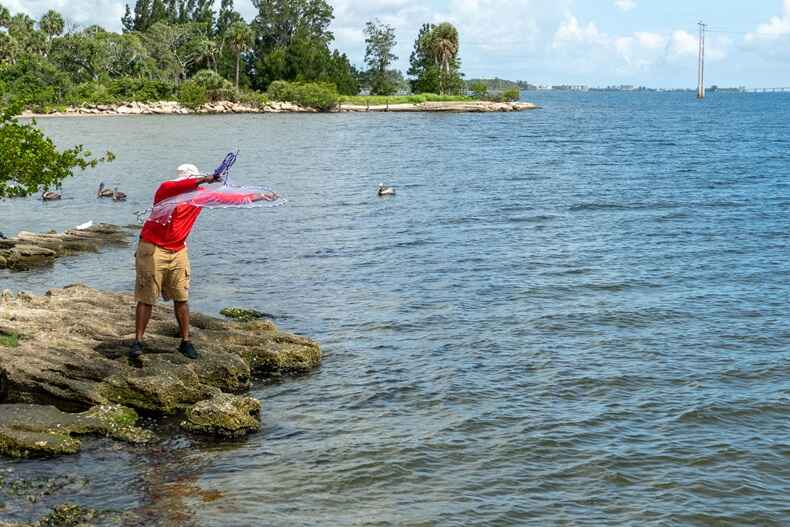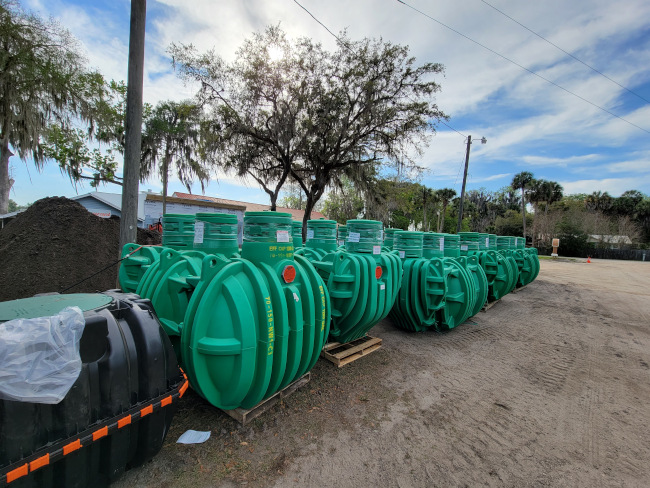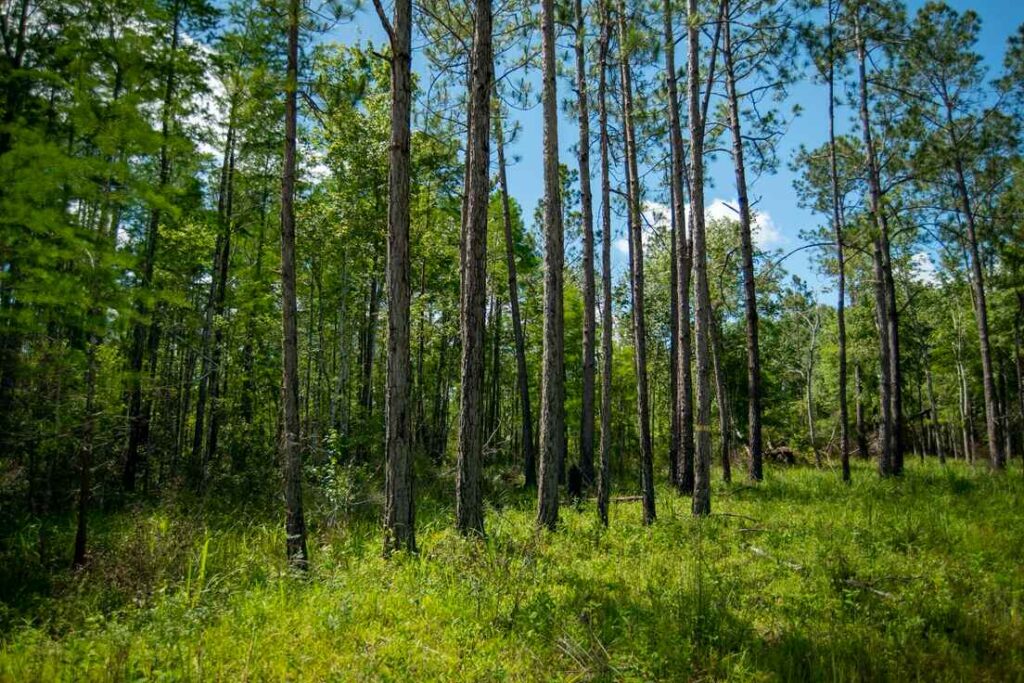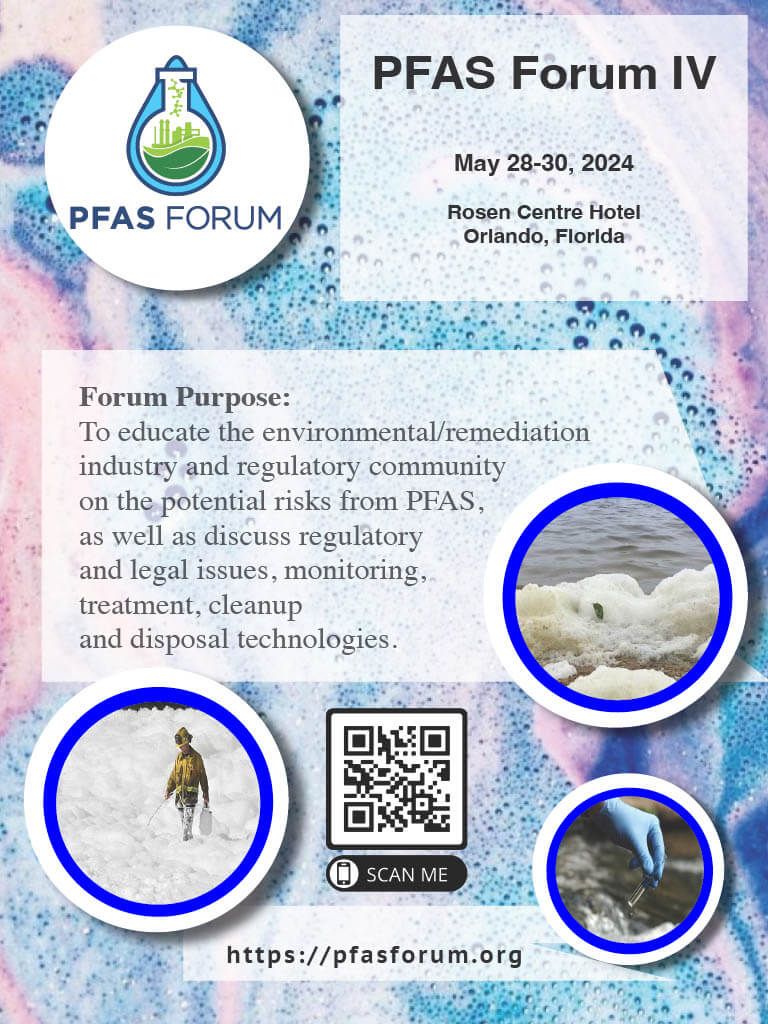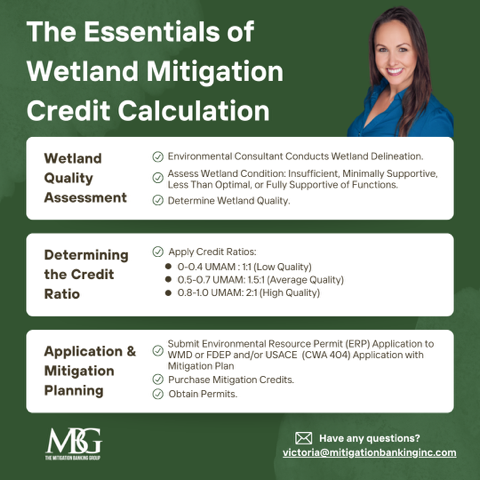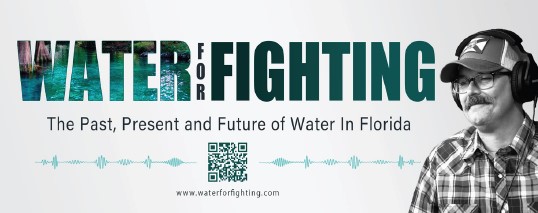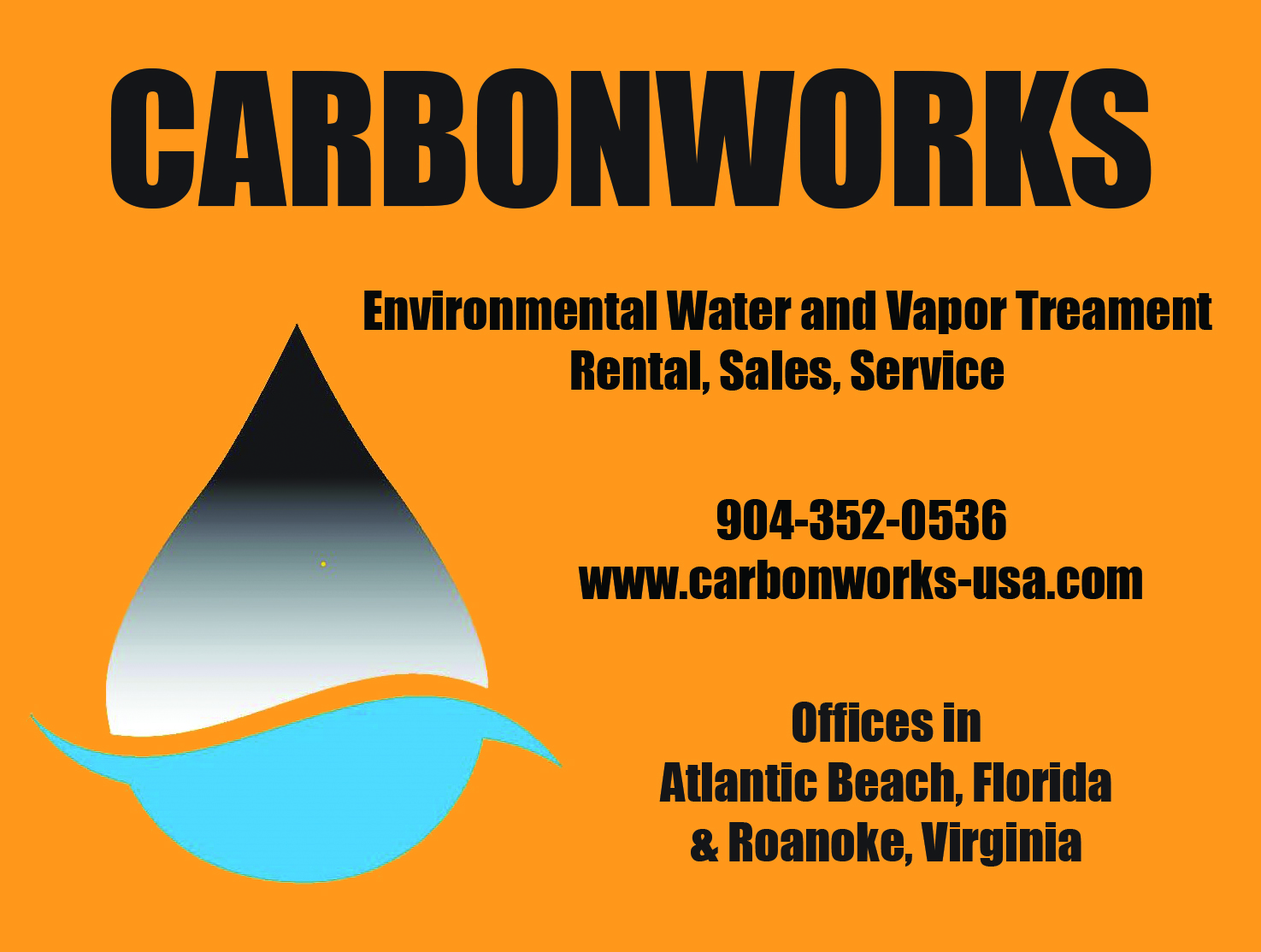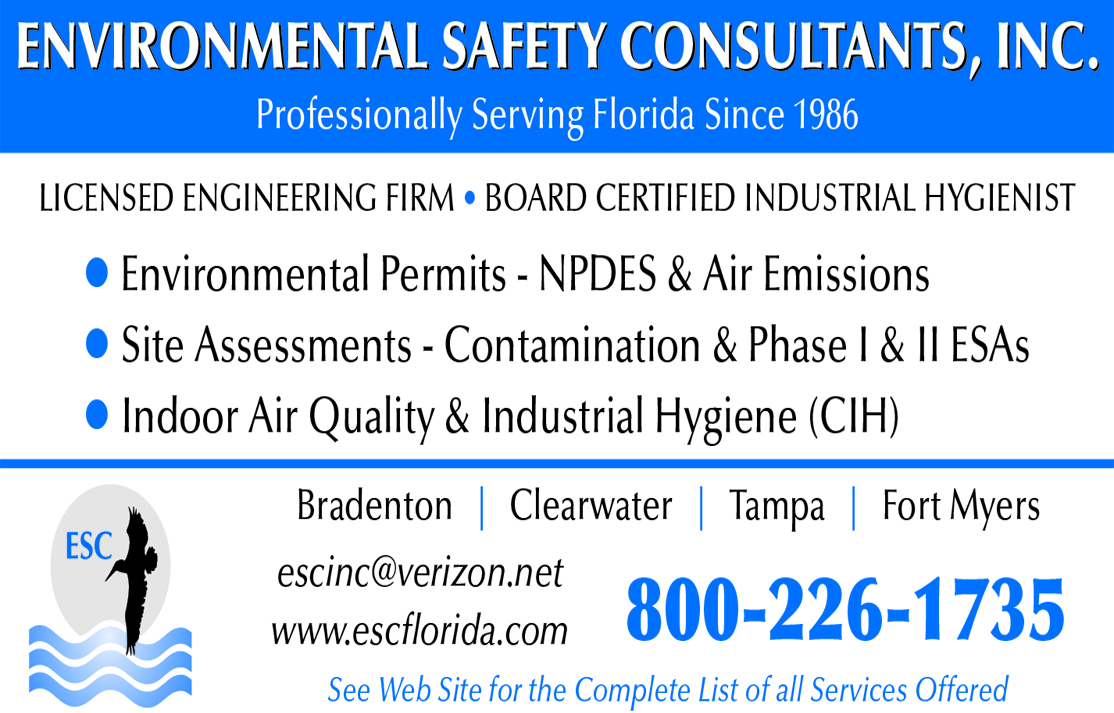
This summer, the National Oceanographic and Atmospheric Administration’s National Marine Fisheries Service (NMFS) published in the Federal Register a proposed designation of critical habitat for the Rice’s whale, which includes a large portion of the Gulf of Mexico. If finalized, this designation could lead to significant impacts on vessel operations and long-term economic development and supply chain efficiency for this region of the country.
According to NOAA, Rice’s whales are members of the baleen whale family and likely fewer than 100 individuals remain, making it one of the most endangered whales in the world. The Rice’s whale has been consistently located in the northeastern Gulf of Mexico, along the continental shelf break between 100 and about 400 meters depth. They are the only resident baleen whale in the Gulf of Mexico.
Public comments on the proposed designation must be received by September 22. The agency held virtual hearings in August.
On May 11, 2021, the U.S. Department of Commerce and NMFS received a petition pursuant to the Administrative Procedure Act from the Natural Resources Defense Council, Healthy Gulf, Center for Biological Diversity, Defenders of Wildlife, Earthjustice, and New England Aquarium requesting that NMFS utilize its authorities under the Endangered Species Act (ESA) and Marine Mammal Protection Act (MMPA) to establish a “Vessel Slowdown Zone” to protect Rice’s whales from collisions with vessels and noise pollution.
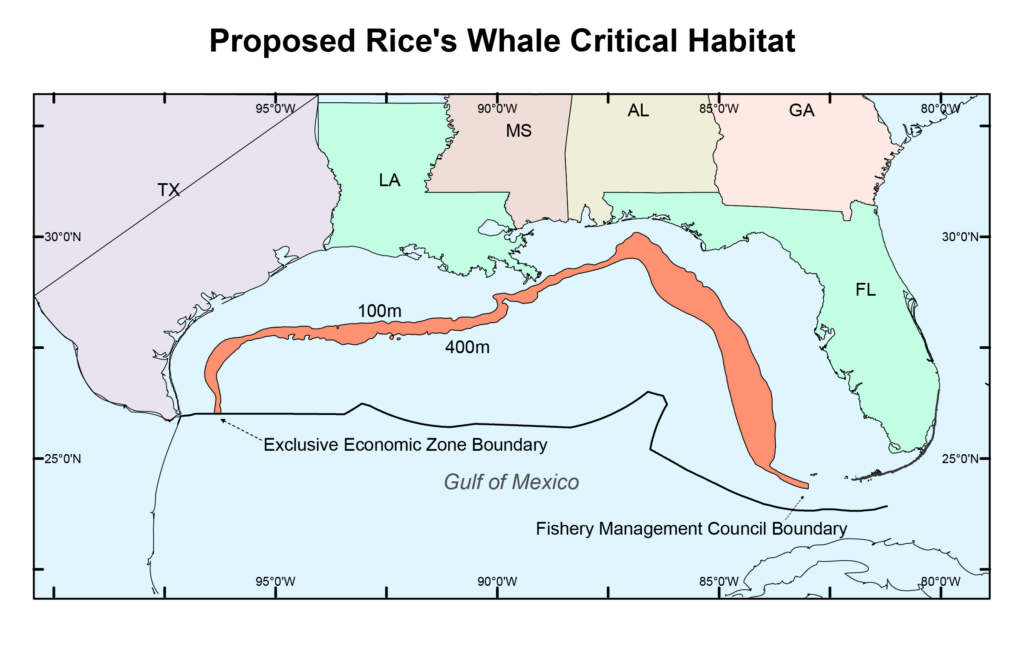
The Petitioners proposed a year-round, 10-knot vessel speed restriction within waters between 100 meters (m) and 400 m deep from approximately Pensacola, FL, to just south of Tampa, FL (i.e., from 87.5° W longitude to 27.5° N latitude) plus an additional 10 kilometers (km) around that area (referred to in the petition as the “Vessel Slowdown Zone”).
The Petitioners asserted that the requested mitigation measures are necessary for the conservation and recovery of Rice’s whales and in support of such reference the vulnerability of the species, identify vessel strikes and vessel noise as risks to the whales, and describe NMFS’ authority under the ESA and MMPA to establish a “Vessel Slowdown Zone” with regulations.
Additional Petitioner Proposed Restrictions:
- No vessel transits at night;
- Vessels transiting through the zone must report their plans to NMFS, utilize visual observers, and maintain a separation distance of 500 m from Rice’s whales;
- Use and operate an Automatic Identification System, or notify NMFS of transits through the zone; and
- Report deviations from these requirements to NMFS.
Industry groups have expressed concerns that the Petitioners failed to identify a clearly established cause and effect relationship based on data. If a vessel speed rule is also promulgated and adopted, whether just in Florida as the Petitioners requested or across the entire proposed critical habitat, upon implementation it will present unavoidable challenges.
NMFS subsequently requested information from interested parties regarding the petitioned actions, specifically for the below-listed issues.
NMFS requested comments on the following:
- The advisability of and need for regulations to establish a “Vessel Slowdown Zone;”
- The geographic scope of any such regulations;
- Alternative management options for regulating vessel interactions with Rice’s whales, including, but not limited to, the options in the petition;
- Scientific and commercial information regarding the effects of vessels on Rice’s whales, or other similar species, and their habitat;
- Information regarding potential economic effects of regulating vessel interactions; and
- Any additional, relevant information that NMFS should consider.
Florida could be substantially affected should a variety of these restrictions go into place, as these waters contain heavy traffic for vessels providing a variety of goods to Florida consumers and businesses. Stay tuned to see how these regulations affect this area of the Gulf of Mexico. For more information, visit https://tinyurl.com/42msku39.



